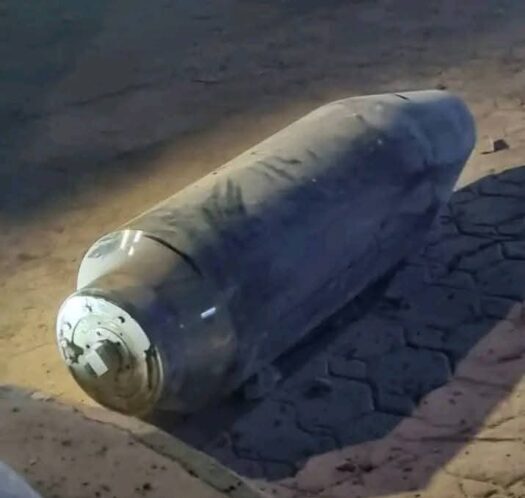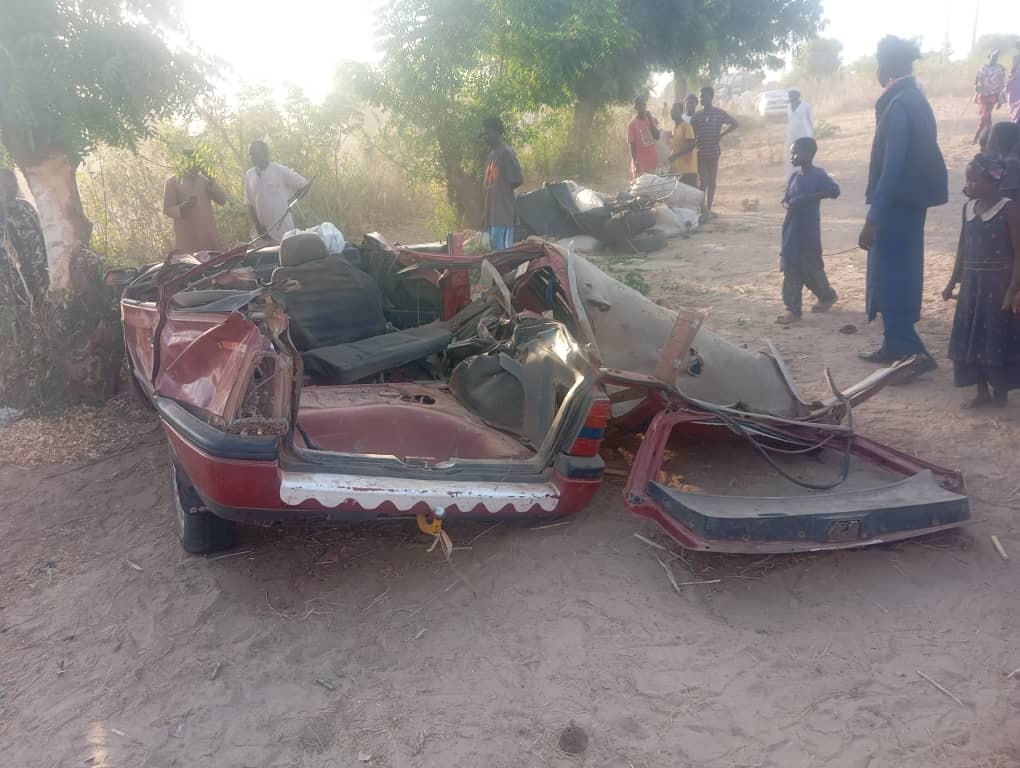The Niger State Government, UNICEF, WHO and other development partners have engaged journalists and stakeholders in a bid to roll out the Measles-Rubella (MR) vaccine in the state, targeting three million children.
Niger State Governor Mohammad Umaru Bago had officially endorsed the campaign, emphasised the serious implications of measles and rubella, and affirmed the safety and efficacy of the MR vaccine, saying that it provides essential protection against both diseases.
Bago had reiterated his administration’s unwavering commitment to the health and well-being of the citizenry, especially children, by ensuring that there is the MR vaccine at all healthcare facilities across the 274 wards of the state.
Speaking with the Guardian shortly during the Media Dialogue put together in collaboration with UNICEF, WHO, GAVI and other partners in Minna on Friday, 3 October 2025, the Incident Manager of the Niger State Emergency Operations Centre (EOC), Dr Fatima Ibrahim, explained that the MR vaccine is another vital step towards enhancing public health.
Dr Fatima also highlighted the country’s pivotal moment as it prepares to incorporate the Measles-Rubella vaccine into the national immunisation schedule.
Dr Ibrahim added, “Rubella poses serious risks during pregnancy, leading to lifelong complications for affected infants,” stressing that, “with the introduction of the Measles-Rubella vaccine, we now have an additional, powerful tool to combat these diseases and safeguard future generations,” she noted.
The MR vaccine is safe, government-funded, and free for all eligible children aged nine months to 14 years.
She, however, emphasised the critical role of the media in the campaign, especially in the area of awareness and sensitisation.
In her keynote address, the Chief of Kaduna Field Office, Dr Gerida Birukila, represented by UNICEF Health Specialist Dr Ahmed Tsofo, said the media has a critical role to play in the campaign for the MR vaccine.
Dr Birukila’s words: “Your voices can break down myths and misinformation. Your platforms can build trust in public health, and you can make vaccination not just a medical necessity but a parental duty and a community value proudly upheld.”
Dr Gerida enjoined the media to assist by mobilising parents, caregivers and communities—so that immunisation days are seen not as routine, but as moments of protection and demonstrations of care.
The UNICEF Chief urged the media to counter myths and disinformation—with facts and data delivered in clear, relatable language. Dr Birukila further appealed to practitioners to amplify accurate information—so that parents know vaccines are safe, effective, paid for by the government, and provided at no additional cost.






